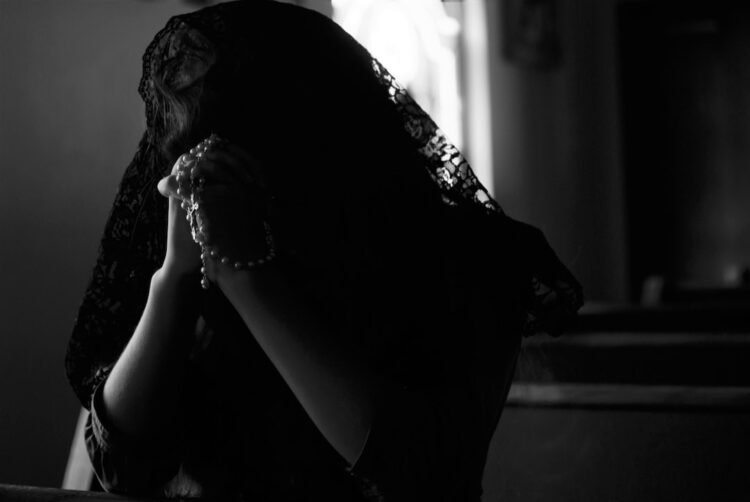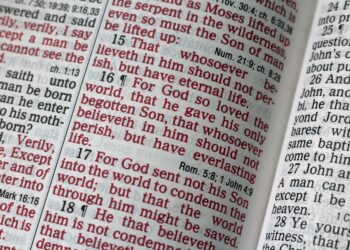Religion has played a significant role in shaping the world we live in. It has been the source of inspiration, comfort, and guidance for millions of believers around the world. However, the role of women in religion across cultures has not always been a simple one. Women have been both celebrated and marginalized or even oppressed throughout history. This blog post will explore the role of women in religion across cultures, highlighting how their status and contributions have changed over time.
In many traditional societies, women have played an essential role in religious practices. Historically, women were considered the primary caretakers of the household, including preserving religious practices and beliefs. For example, in Hinduism, women are responsible for passing on the tradition of home rituals to the next generation. They are also responsible for decorating the home and creating a shrine for prayer and worship. Similarly, in Buddhism, women have played a vital role in preserving and promoting Buddhist teachings. The first female disciples of Buddha were instrumental in the evolution of the religion, and many monasteries were founded and maintained by women.
However, despite the important roles that women played in religious practices, their participation in formal religious institutions was often restricted. In many religions, women were not allowed to become priests or participate in religious ceremonies that were considered sacred. For example, in Abrahamic religions, women are not allowed to preach or officiate religious ceremonies. The Catholic Church only began allowing women to become lectors and altar servers in the early 1990s, and women are still not allowed to be ordained priests. Similarly, in Islamic cultures, women are not allowed to lead prayers or become imams, although they can participate in communal prayer services.
Despite these restrictions, women have found ways to engage with and shape religious traditions. In some cases, women created their own religious traditions or developed alternative practices that allowed them to participate more fully in religious life. For example, in Judaism, some women have created alternative prayer groups called “tischs” or “minyans,” which allow women to participate more fully in communal prayers. These groups are usually informal and operate outside traditional religious institutions.
In other cases, women have used their faith to advocate for social and political change. For example, women’s participation in civil rights movements in the United States and apartheid resistance in South Africa was often led by women who were driven by their religious convictions. Similarly, in Islamic countries, women have been at the forefront of movements for gender equality and democratic reform. Many women have used religious teachings to argue for greater equality between men and women, refuting claims that religion is inherently patriarchal.
As society has evolved, so too has the role of women in religion. The growth of the feminist movement in the 20th century had profound effects on religious institutions. Women began to push for greater equality and representation within religious communities, challenging the patriarchal structures that had excluded them for centuries. In some cases, this led to the ordination of women within religious institutions. For example, the Episcopal Church in the United States ordained its first female priest in 1974, and the Anglican Communion has since followed suit. Similarly, some Jewish communities have begun ordaining women as rabbis.
However, not all religious denominations have been willing to change their positions on women’s roles. For example, the Mormon Church still only allows men to be priests and has strict limits on the role of women in church leadership. In some countries, religious traditions continue to restrict women’s roles and deny them the same opportunities as men. In Saudi Arabia, for example, women are not allowed to drive, and their ability to work outside the home is limited.
In conclusion, the role of women in religion across cultures has varied throughout history and across different traditions. Women have played important roles in preserving and shaping religious practices, but their participation in formal religious institutions has often been restricted. Despite these limitations, women have found ways to engage with and shape religious traditions, using their faith to advocate for social and political change. As society continues to evolve, it is likely that the role of women in religion will continue to change as well, challenging traditional practices and expanding opportunities for women to participate fully in religious life.













